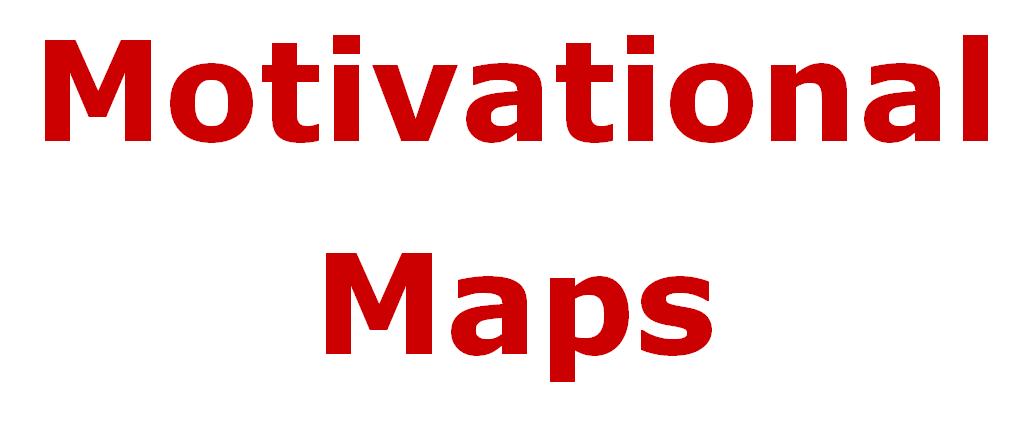How do I become a great leader? What kind of leader can I be? What makes a great leader? These are recurring questions in my executive coaching sessions. While for some it is about being visionary, inspirational, charismatic and creative, for others it is about trust, reliability, organisation and consistency. This article reminded me that you can spend lots of time debating the nature vs nurture arguments about leadership, but that there a few basic things that everyone can to at least hit the leadership benchmark and differentiate themselves from other managers.
Enjoy and I would welcome your comments on this subject.
According to a study by the Kenexa Research Institute, only 47 per cent of staff in the UK felt they had an effective leadership team. This number was lower than that recorded in India (69 per cent), Brazil (59 per cent) the US (54 per cent), China (53 per cent) and Canada (52 per cent), although only 33 per cent of employees in Japan rated their management as effective. Good to know we’re considered better than the Japanese managers, although ironic given we were following Japanese management techniques such as total quality management and Kaizen back in the 80’s and early 90’s.
This means we are below the international average of 51 per cent. So are we bad managers? Jack Wiley, executive director of Kenexa Research Institute, said: UK employees view their senior leadership as effective if it:
- responds quickly to marketplace opportunities and competitive threat
- keeps them informed about organisational issues
- prioritises quality and improvement
- motivates people to work hard
Our employees are telling us they want us to make good decisions and communicate with them. And if we do these two things our people might think we are half way decent at our jobs. We’ve opened the dialogue on communication (excuse the bad pun), and there’s more to come in future emails, but what about the importance of decision making?
As a leader, and particularly if you are at the top of your particular tree, it’s critical to keep looking forward – to predict potential issues and prepare for them before they happen. In this way we will make good decisions. I call this predictive management. And to get better at predictive management you need to start by scheduling a meeting with yourself every week. Block out half an hour of time, close the door, turn off your phone and think. Think about the biggest headache for your business then allow yourself to just think about it…. what caused it, what warning indicators were there, how did you fix it, what can you do to reduce the chances of it happening again……. Does this sounds like that Japanese Total Quality Management system, or is it better?
Source: BIE Group News



No comments:
Post a Comment